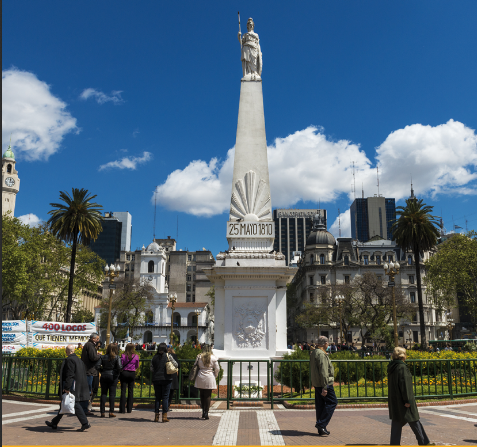Mexico
COPE Books for Children: Earthquakes
Learn about disaster risk reduction and earthquakes with this illustrated book for children by COPE.
Assessment of Potential Yields Using Climate Change Scenarios for Agricultural Crops in Mexico
This report summarises the findings of the consultancy project "Estimación de rendimientos potenciales con escenarios de cambio climático para diversos cultivos agrícolas en México", funded by the government of Canada under the UNDP-INECC partnership.
Integrating ecosystem-based adaptation and integrated water resources management for climate-resilient water management
This study explores how ecosystem-based adaptation and integrated water resources management can be merged to achieve greater climate resilience in watersheds.
Stepping-Up Knowledge Exchange between Climate Adaptation Knowledge Platforms (KE4CAP)
The Stepping-Up Knowledge Exchange between Climate Adaptation Knowledge Platforms project provides a forum for platform teams to learn from each other and work together to address challenges.
Colombia’s Progress in Developing a National Monitoring and Evaluation System for Climate Change Adaptation
This sNAPshot describes the development of the National Monitoring and Evaluation (M&E) system for adaptation in Colombia and shares lessons learned and the next steps in the process.
RegionsAdapt 2018 Report: Multi-level Governance in Climate Change Adaptation
The RegionsAdapt 2018 Report gathers the physical and socio-economic climate risks that 42 regions around the world face and their best adaptation practices to address these challenges.
Sourcebook: Valuing the Benefits, Costs and Impacts of Ecosystem-based Adaptation Measures
This sourcebook assists in building awareness, knowledge and capacity about why, how and in which contexts EbA valuation can be used to inform, guide and influence adaptation decision-making.
Evaluating Climate Change Action for Sustainable Development
This book documents emerging and innovative evaluation knowledge and practice for climate change and its links to sustainable development.
Climate Change & Environment Nexus Brief: The El Niño Phenomenon and Related Impacts
This brief focuses on El Niño–Southern Oscillation phenomenon and the 2015/2016 El Niño event in particular, the environmental and societal impacts and effects of which will extend well into 2017.
The politics of climate change at the city level – Insights from a comparative study of Buenos Aires, São Paulo and Mexico City
This Guide summarises the the politics of climate-related decision-making in three Latin American mega-cities: Buenos Aires, São Paulo and Mexico City.
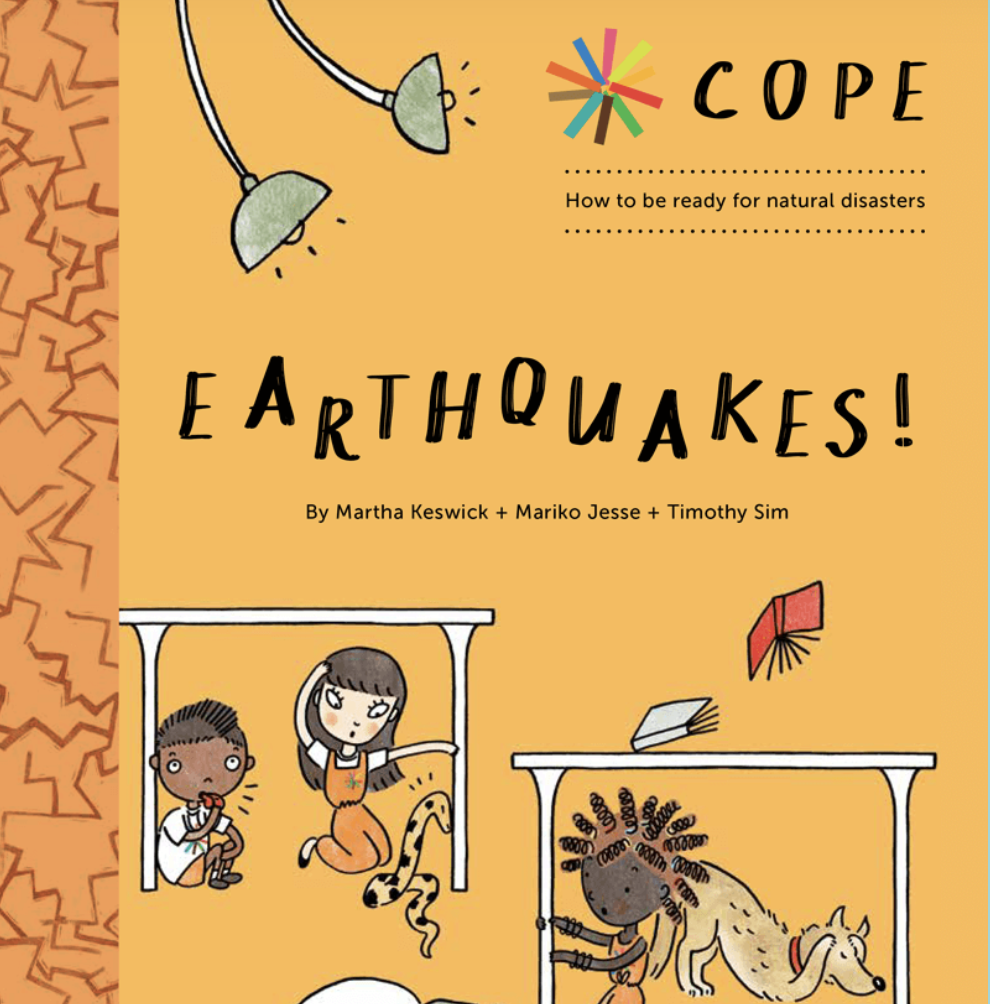
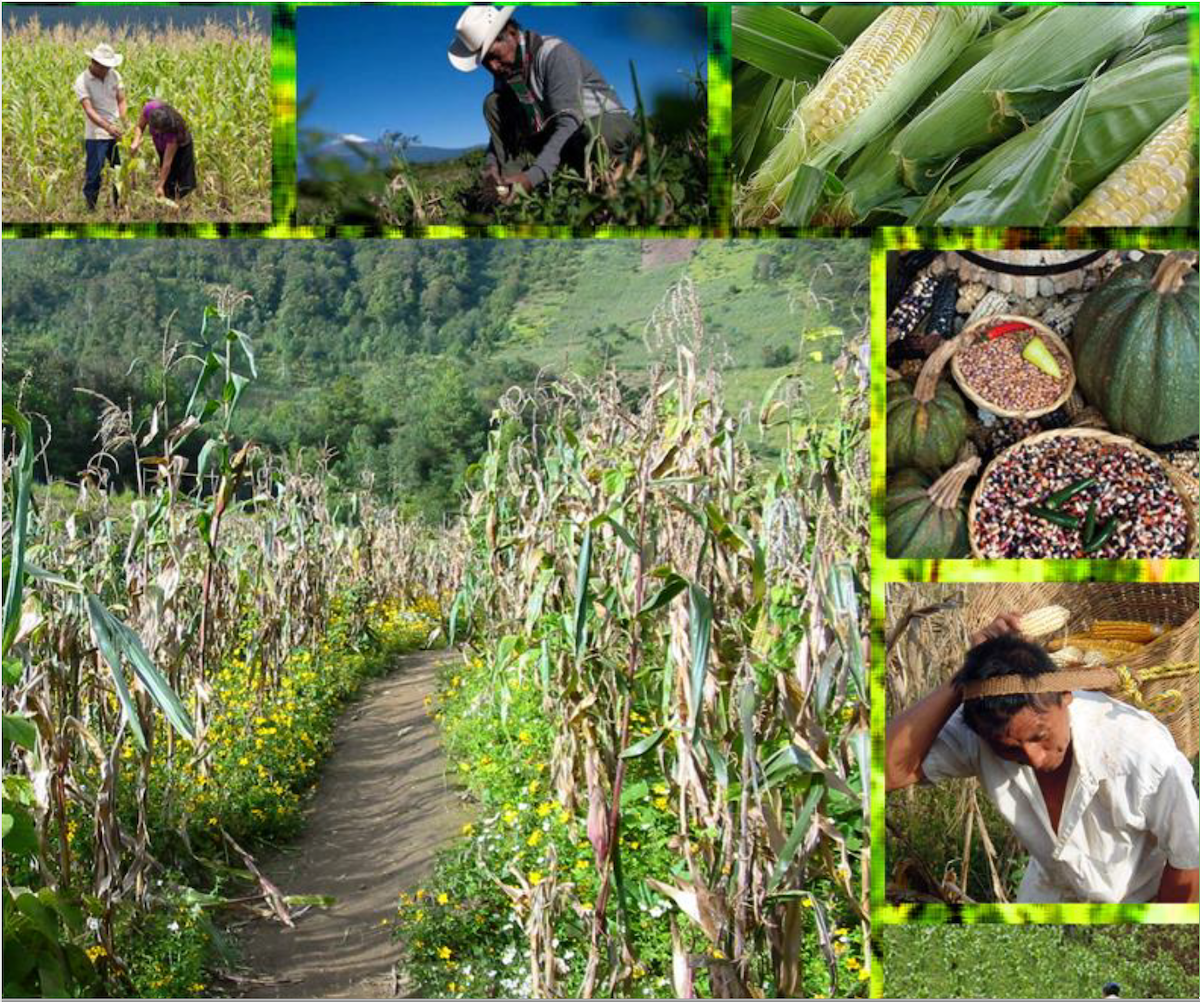
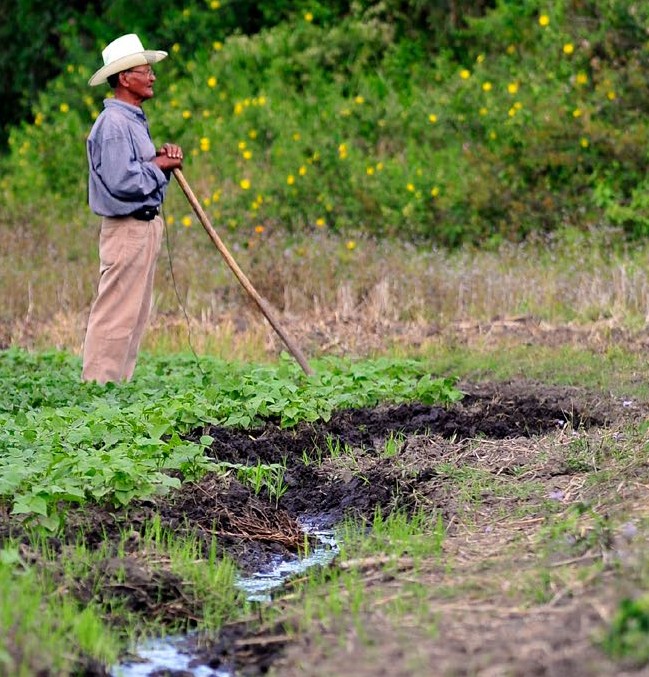


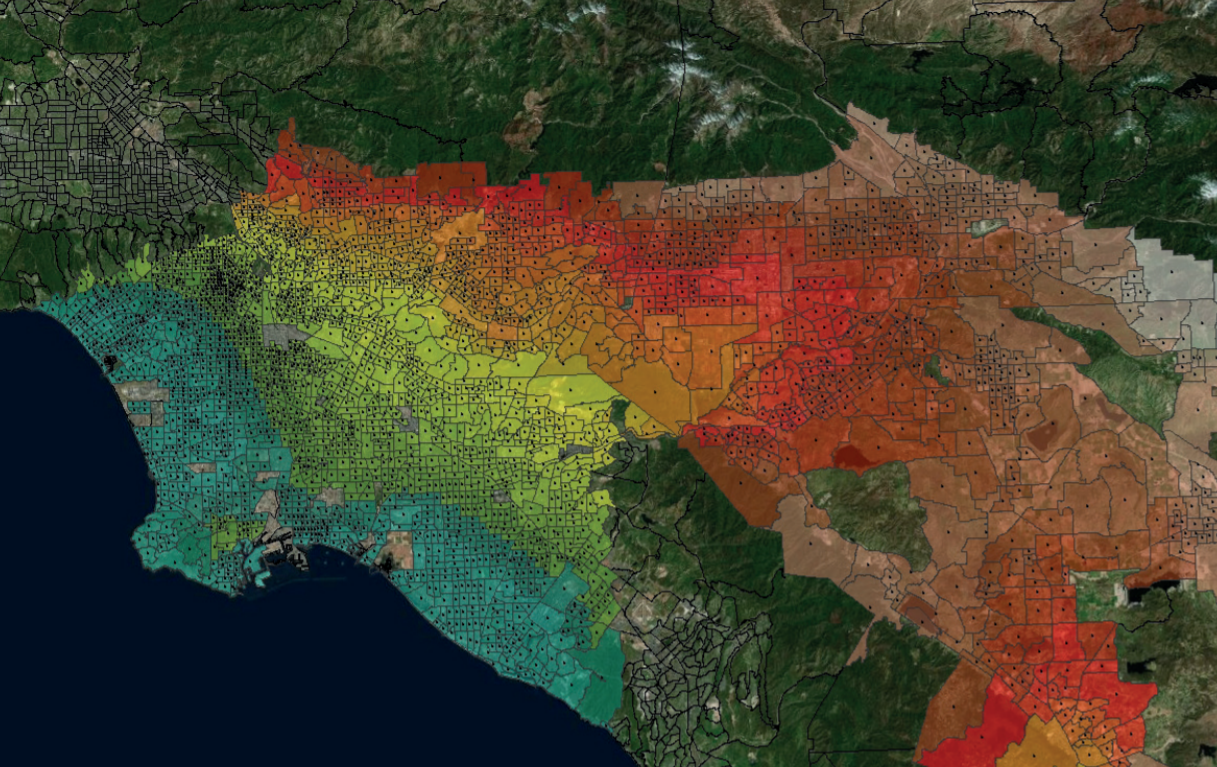
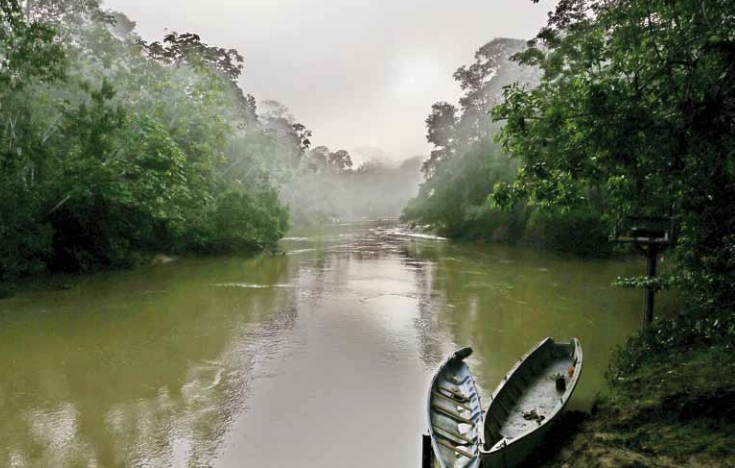
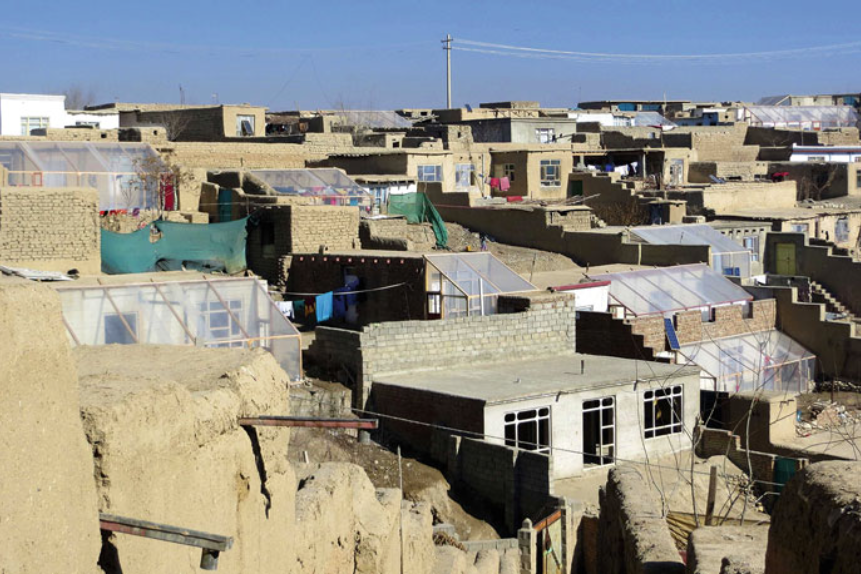
![European Commission DG ECHO - Ethiopia: EU boosts aid in response to El Niño drought [Flickr]](https://weadapt.org/wp-content/uploads/2023/05/26297782941_8ce15252d9_z.jpg)
